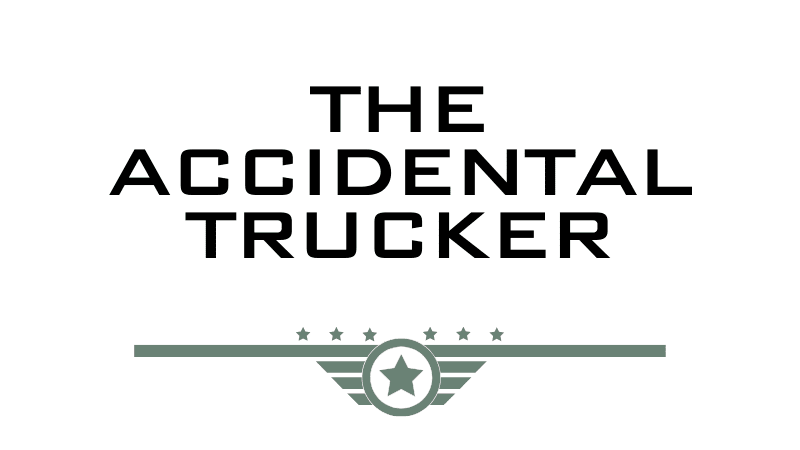
It did not come as a great surprise to read on 16 February, the statement from the chair of National Road Carriers (NRC) that it and its ally, New Zealand Trucking Association, will no longer collaborate with Transporting New Zealand (TNZ) on road freight industry-related issues. It has been evident for some time that there was a level of animosity between the two groups, but exactly what it was is difficult to fathom, especially when both groups claim to have the same overall objectives.
I certainly hope the attitude towards each other we now see resulting in the industry’s joint representation being ripped apart is not simply a result of conflicting personalities. Looking back at the origins of the NRC and TNZ, there is perhaps some irony in what has happened. TNZ has its origins in the mid-1920s as the Master Carriers Association to lobby the then government, very much focused on rail transport, to give more consideration to the growing road freight industry. NRC was established in the mid-1930s because of the belief that the Master Carriers were dominating while smaller, mainly town carriers, struggled.
Let’s hope that somehow common sense prevails because all I can see is that the industry will be the loser. Any organisation heavily reliant on membership and sponsorship for income risks being moulded by its backers, particularly in today’s economic climate.
And let’s hope that we do not see the emergence of a new player, as this could further split industry representation. I cannot figure out what has happened to this country. Several recent revelations are unbelievable to the point of being almost laughable. The train tracks on part of the line through the Wairarapa are about 6mm too close, causing vibrations that will take some time to fix. In the meantime, there is a speed restriction on parts of this line. We have several police stations that are mouldy and well past their use-by date. We know the roads, particularly the state highways, are a mess and will take years to fix. Many of our hospitals are in urgent need of refurbishment. Recently, we were told that some school refurbishment programmes may have to be put on hold because there is insufficient money to do the work.
It is not unusual for an incoming government to blame the previous administration for the issues they have inherited, but playing the blame game will only work for a short time, and that time is almost over. The voting public will soon get sick of it. We don’t want to hear endless stories about whose fault it was. What we want is the detail of how and when the issues will be fixed. The infrastructure that is collapsing almost before our eyes does not need to look pretty, be gold-plated or designed with an architectural award in mind. It needs to be functional and do its job efficiently. How difficult can that be?
Seasoned readers will recall that before Roger Douglas and Richard Prebble spread their capes over New Zealand, there existed an organisation called the Ministry of Works. The MOW was into most things that involved building and looking after the key infrastructure required to keep the country going.
From getting funding to the design and building, the MOW was the government of the day’s go-to organisation. It built roads, power stations and state houses, did maintenance on hospitals, schools and police stations. It had several standard designs that could be easily adapted to suit the needs of the community and location it was involved with. Many of these are still around today if you look. Sadly, some have been allowed to deteriorate over the years to the point that the only option is to knock them down and start again.
The MOW, along with several similar organisations such as the Post Office and Railways, provided numerous employment opportunities for school-leavers who, after gaining experience, would go on to work in the private sector. Under Messrs Douglas and Prebble, however, these organisations were deemed to be too expensive and private enterprises could supposedly do things quicker and cheaper. It would be an interesting exercise to look back now and see if this philosophy worked.
Yes, the system back then was very hierarchical and overly bureaucratic, and change was needed, but things got done; the system worked. We cannot say this about the state of things we are confronted with today.
Looking at history can teach us a lot but, unfortunately, the decision-makers don’t appear to be prepared to do this. Instead, they are content to box on with their views regardless of the outcomes and what history tells us.
Read more
Taking Control
0 Comments5 Minutes
And so the year ends
0 Comments5 Minutes
Return of the night carts
0 Comments5 Minutes
Dead like the dodo
0 Comments5 Minutes



